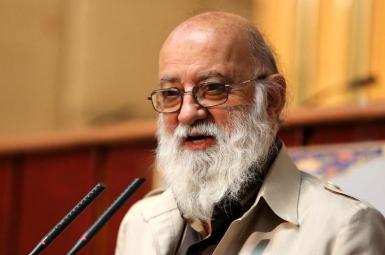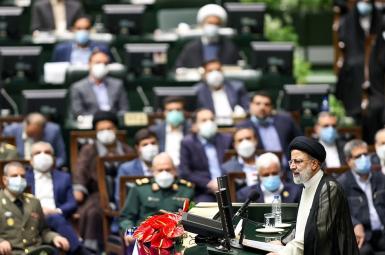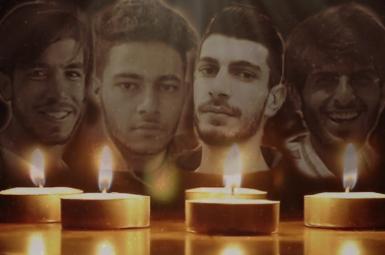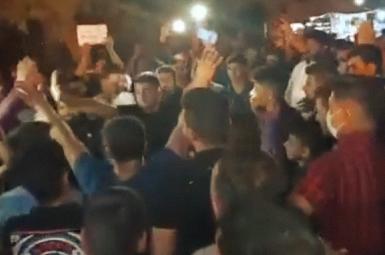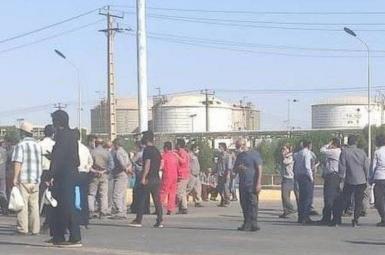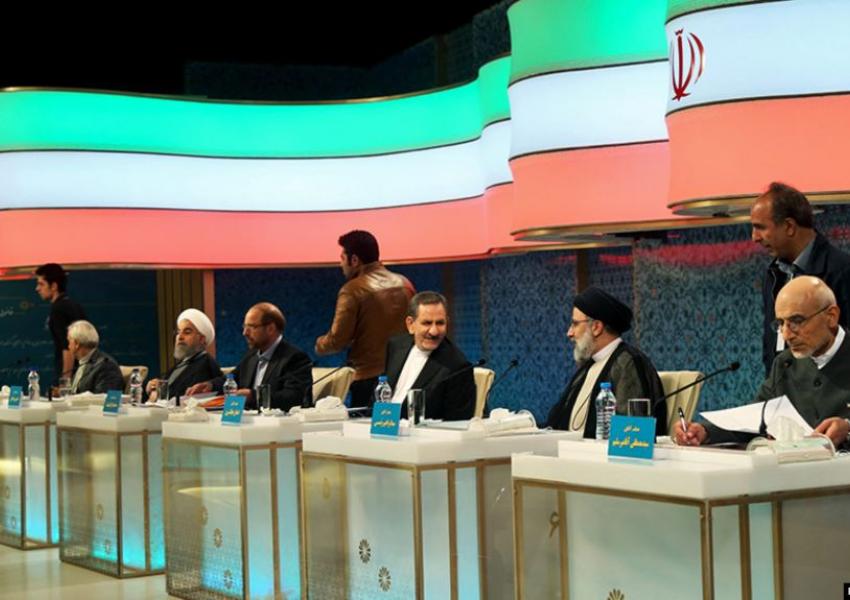
Amendments To Presidential Election Law Stir Controversy In Iran
Among a raft of changes to rules governing presidential elections introduced by a bill passed on November 1, Iran’s parliament (Majles) has set a minimum and a maximum age for candidates. They should be at least 45 and up to 70 years old at the time of registration.
While Iran’s Supreme Leader Ali Khamenei has said the next president should be “young,” many in the press and social media are saying that 45 is not young enough. Many comments under a hardline parliamentarian’s tweet about the bill call for the minimum age to be 40 or even 30.
Some suggest the minimum age of 45 is designed to block the candidacy of 38-year-old Communications and Information Technology Minister Mohammad Javad Azari Jahromi, who is popular among some young Iranians and business-owners for ruling out a ban on Instagram demanded by Iranian hardliners. Jahromi’s rivals believe that many among over 22 million Instagram users in Iran might vote for him as a hands-on social-media user who responds to comments and questions, sometimes instantly.
Mohammad-Javad Azari Jahromi the youngest minister in Iran's government

A point raised on Twitter by some clerics and lawmakers such as conservative Ardeshir Motahari is that Khamenei became president when he was only 42 years old. Iran’s constitution is relatively brief on the qualifications required in president – including “a good past record” and “convinced belief in the fundamental principles of the Islamic Republic of Iran” – while leaving the “manner” of the election to normal process of law rather than any special procedure.
Among other changes to the qualifications and procedures involved in nominating and approving, the bill added Revolutionary Guards (IRGC) Intelligence to the authorities involved in vetting presidential hopefuls, where the primary responsibility lies with the 12-strong Guardian Council.
An infographic posted on the parliament’s website outlines 12 conditions for prospective candidates. The bill and the infographic have been apparently prepared in such haste that two of the conditions, numbered two and five, are the same, both requiring candidates to be Iranian-born citizens.
A new requirement requires prospective candidates, unless backed by a registered political party, to name five advisers in areas like economy, culture and defense, perhaps thereby increasing their chance of disqualification if one of the advisers does not suit the Guardian Council.
Comments on social media express concern that the requirements for candidates to be active political and religious figures, or the one requiring eight years’ managerial experience, might bar some clerics as they are not politicians and rarely managers. For the first time, prospective candidates are asked to present economic, political, social, and cultural plans for their presidency.
Other social-media users opine that all together the bill is intended to reduce the Guardian Council’s embarrassment when disqualifying thousands of candidates. Between 8,000 and 12,000 people from various walks of life usually register, only for the Guardian Council to narrow down the field to four to six candidates.
Some officials, including committee chiefs at the Majles, have dismissed accusations in the media that the bill will limit voters’ choices. Some reformist newspapers such as Etemad have suggested the bill contains vague and general terms that are vulnerable to varying interpretations.
Previous parliaments in Iran have tried to amend election law to further the majority faction’s interests. This Majles is unlikely to be an exception, although it is unclear why among those voting against the bill were 72 conservative lawmakers - including Nezameddin Mousavi, editor of the Javan newspaper, and leaders of the Paydari group including Morteza Aqa Tehrani.
